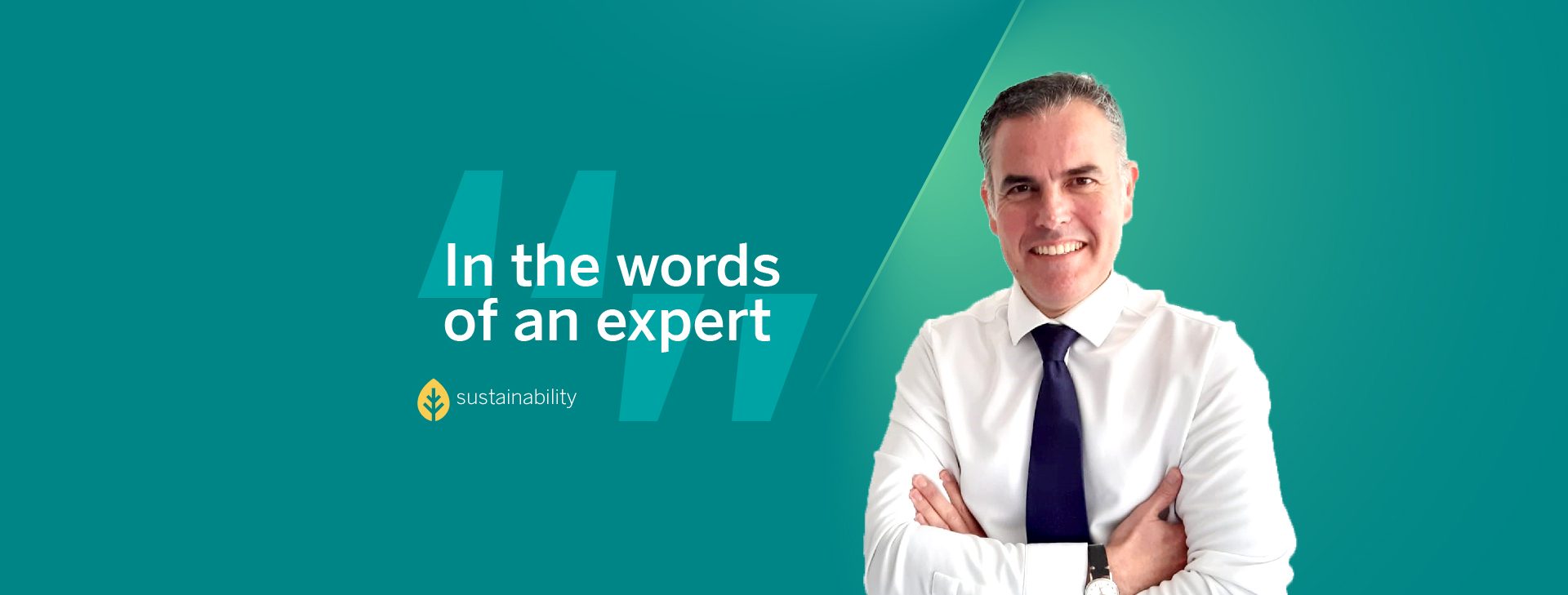
17 January 2023
Sustainability in tourism
Fernando Cejudo, Global Banker Hotels & Leisure
Tourism and hotel groups belong to the "happiness industry", as Onur Genç, BBVA's Chief Executive Officer, rightly says. Many of these companies have grown in front of oceans and among mangroves. They are well aware of the importance of environmental friendliness for their customers and, ultimately, for the sustainability of their own business.
The hotel and leisure sector has evolved in terms of sustainability from a model focused on achieving a positive impact on the surrounding communities to one that, without losing that essence, also seeks to minimize the impact generated by its operations. We have seen how the main hotel chains already have climate change mitigation and circular economy goals and are moving toward efficiently managing natural resources, such as water, and reducing impacts on biodiversity.
For some time now, we have borne witness to a process of the inclusion of their principles and their ontologically environmental DNA in their reporting, which includes the whole arsenal of non-financial and sustainability reports. All these efforts are aimed at achieving an environmental, economic, social and cultural balance with the population and the environment that are part of the tourist destinations. The strategic pillars of the tourism industry in its broadest sense (hotels, travel agencies, airlines, cruise liners and other players) will form a roadmap for the next ten years full of ESG scoring (environmental, social and governance), CO2 reduction indicators (and, more gradually, the water footprint), objectives linked to social and solidarity projects, and also commitments to good corporate governance.
How to scale up sustainability in the sector?
We are encountering different rhythms and speeds of achievement of the objectives along this path. Among the key differentiating factors are the firm belief in this transition and the impetus given by shareholders and senior management in integrating sustainability into their business models and embedding it in their day-to-day business, allowing it to permeate throughout all processes. Another relevant aspect will be innovation along with the digital transformation and big data. New business model teams and developers of new products and services will provide the key to success in the transition toward a more sustainable and inclusive world through creativity and the search for alternatives that suit their customers.
Over the past five years, leading companies in the travel & tourism sector have been achieving major strategic milestones on the basis of various paths with ESG compliance targets. This great challenge implies a great effort which, in turn, is being extended to the entire value chain and stakeholders. Through products such as green accounts payable financing within supply chain financing, the transition toward responsible (sustainable) tourism acquires a larger scale and acts as an accelerator and an example for other industries as well.
Leaders in sustainable tourism
Undoubtedly, with more than 430 million international tourists (1.5 billion before the pandemic) and with 100 million that could arrive in Spain before 2030, the visibility of this sector in the challenge of sustainability is simply extraordinary. We have leaders that are globally recognized benchmarks in the sector, such as Meliá, Iberostar and Accor, but we can also highlight the transformational strategies of international groups such as Barceló, Riu and Bahía Príncipe.
2023, now far removed from the terrible pandemic, will be an essential financial year for launching or recovering growth projects that cannot ignore the new demands of a tourism that can only be sustainable. At BBVA we offer advice to guide and support all those concerned along this path. We sincerely believe that if there is an opportunity for us all to grow and progress together in this new era, it is surely sustainability.




